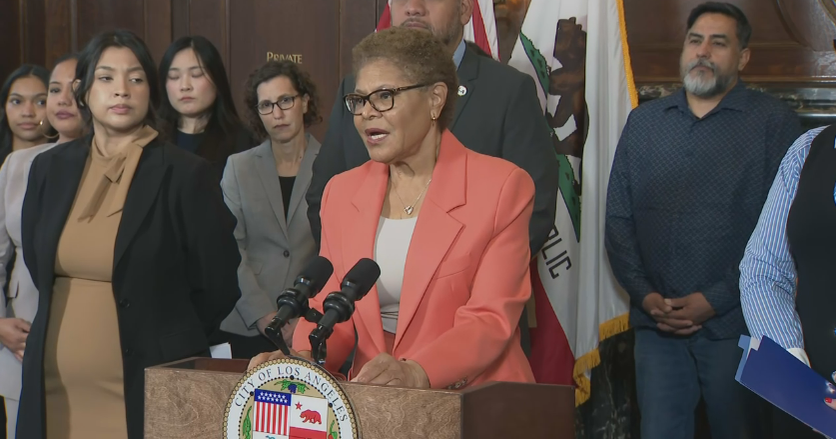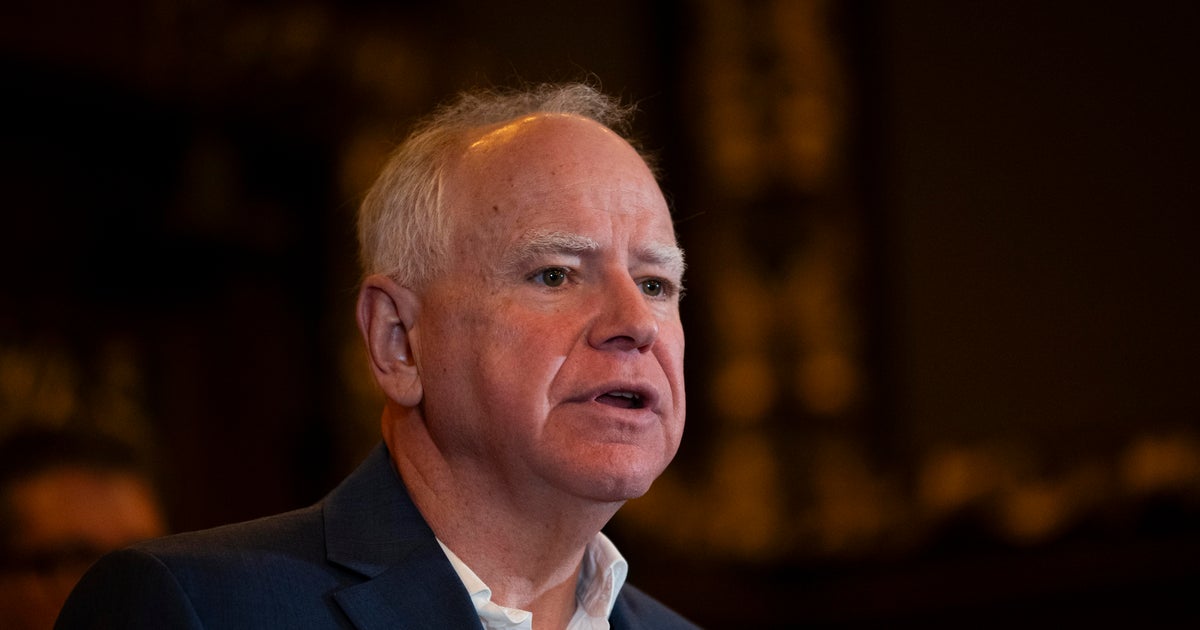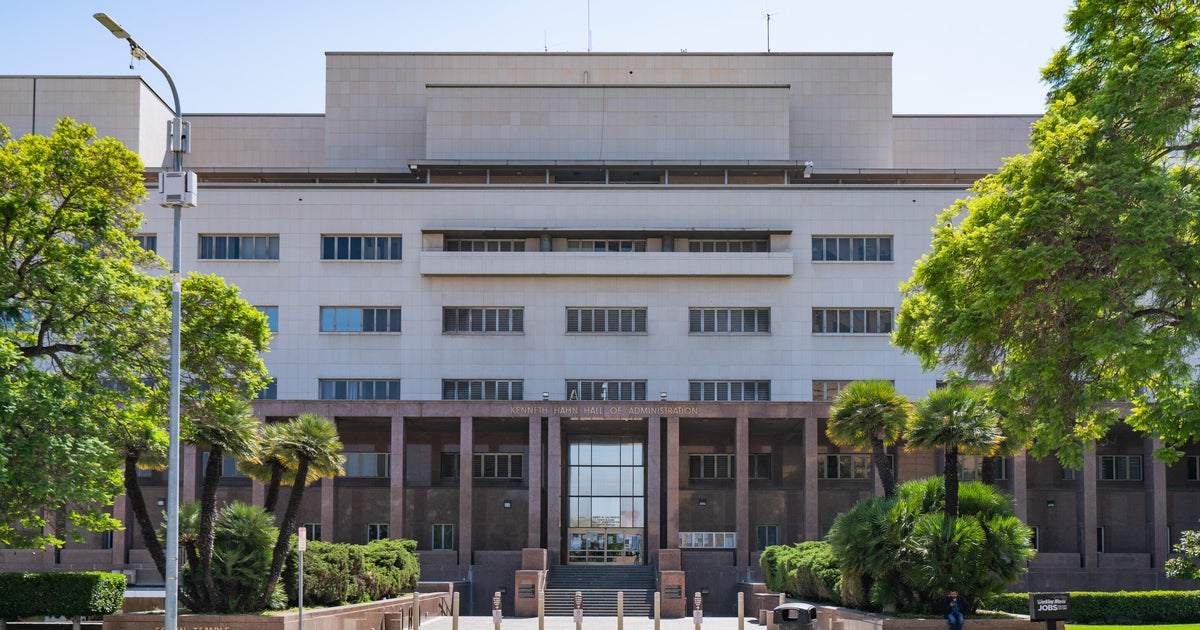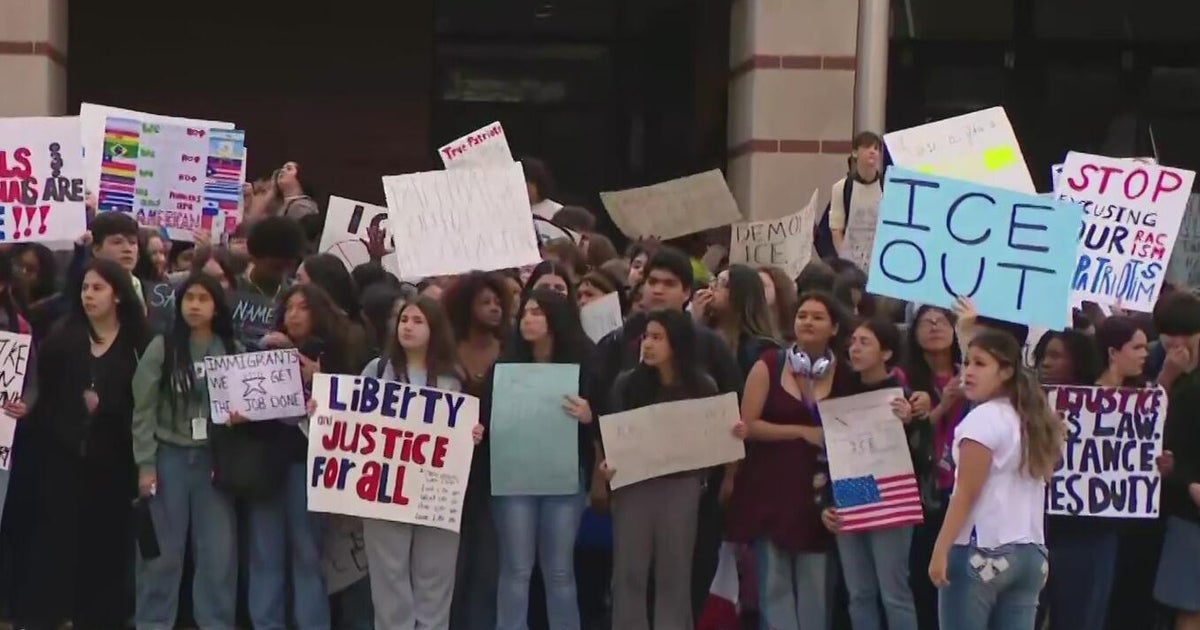Mass. Could Be Hit Hard By Future Budget Cuts
BOSTON (CBS) - The state's budget chief says he is relieved with the action taken in Washington, but uncertain about what lies ahead. Administration and Finance Secretary Jay Gonzalez says if a deal wasn't reached, 200 million dollars in federal dollars a week was at risk for critical programs.
"This isn't just a math exercise or numbers on a page," Gonzalez said today.
Now he is waiting to see exactly where the cuts will be made. The first round of cuts will focus on discretionary and defense spending, so Gonzalez says it will not impact Medicaid and our universal health care reform. But he says for the second round of cuts, it's up to the commission in Washington, and anything could be on the table.
WBZ-TV's Karen Anderson reports
In terms of local business, Gonzalez expects Massachusetts could be hit harder than other states because of our strong defense and health industries. Gonzalez says 350 billion of the 917 billion in the first round of cuts will target defense.
"We have a number of companies here that do business with the federal government and the defense industry and I expect they may see impacts." He says if the businesses are hurt, that will affect tax revenues as well.
Northeastern Economist Alan Clayton-Matthews says Massachusetts could lose about 400 million dollars in federal funds in fiscal year 2012, and 800 million the following year.
He agrees Massachusetts could be impacted more than other states. "We may have a larger share of defense spending that typical state and we certainly have a larger share in receiving grants for medical science research than the average state."
He says some economists predict that with less federal borrowing, rates will lower for private borrowing, and that could lead to more loans and economic growth. But Clayton-Matthews fears the private government won't be able to pick up the slack.
"I'm afraid by limiting the scope of federal government we will be cutting back on the public investments in education and infrastructure that we need to be competitive in this world economy." He says, "We're slowly recovering from an awful recession so even in the early years, these cuts will mean a slower cut than we would have had otherwise, and in the long run less competitiveness."







